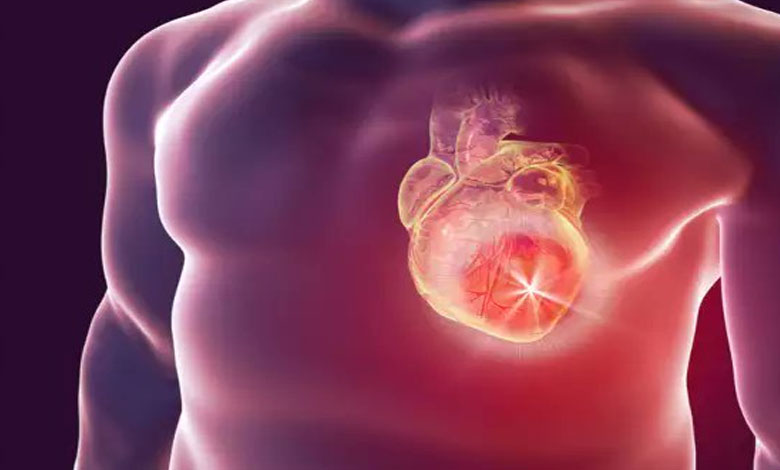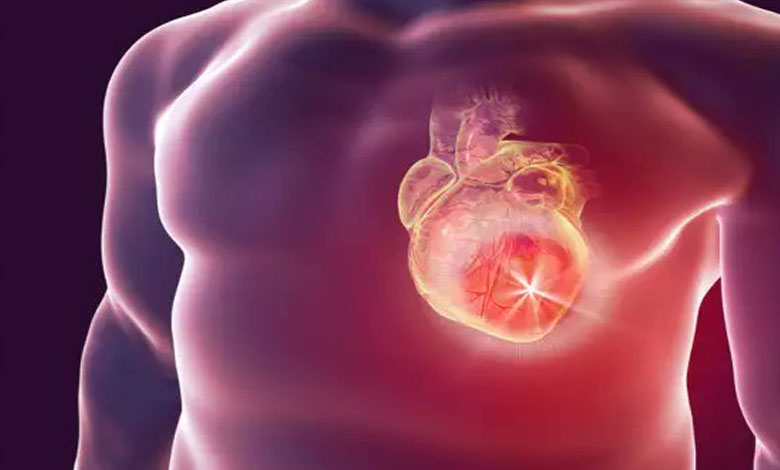Study Shows Fatty Muscles Raise Heart Disease Risk Regardless of BMI

New Delhi: A recent study reveals that people with fat stored inside their muscles face a higher risk of dying or being hospitalised due to heart attack or heart failure, regardless of their body mass index (BMI).
Table of Contents
The research, published in the European Heart Journal, highlights the inadequacy of using BMI or waist circumference as the sole measures to assess heart disease risk in all individuals.
Intermuscular Fat Linked to Heart Disease
The study indicates that individuals with higher levels of fat within their muscles are more likely to experience damage to the tiny blood vessels that supply the heart, a condition known as coronary microvascular dysfunction (CMD). This group also faces an increased likelihood of death or hospitalisation related to heart disease.
Those with high levels of intermuscular fat and evidence of CMD were found to be at especially high risk of heart attack, heart failure, and death. Professor Viviany Taqueti, Director of the Cardiac Stress Laboratory at Brigham and Women’s Hospital in the US, noted that recognizing the impact of intermuscular fat on heart disease provides a new method for identifying people at high risk, independent of BMI.
Study Details and Key Findings
The study analyzed muscle and fat composition in 669 individuals to understand how body composition affects the small blood vessels of the heart, or the microcirculation, and how it influences future heart disease risk. Participants were followed for about six years. The team utilized CT scans to assess each patient’s body composition, specifically focusing on the amounts and locations of fat and muscle in a section of their torso.
The research also introduced a metric called the fatty muscle fraction, which measures the ratio of intermuscular fat to total muscle and fat. The study found that for every 1 percent increase in fatty muscle fraction, there was a 2 percent higher risk of CMD and a 7 percent greater risk of serious heart disease in the future, even after accounting for other risk factors like BMI.
Impact of Lean Muscle and Fat Storage
Conversely, individuals with higher levels of lean muscle had a lower risk of heart disease. Interestingly, fat stored under the skin (subcutaneous fat) did not increase the risk.
Also Read: Warning to Parents High Sugar Content in Commercial ORS Drinks Puts Children’s Health at Risk
Professor Taqueti explained that, unlike subcutaneous fat, fat stored in muscles might contribute to inflammation and altered glucose metabolism, leading to insulin resistance and metabolic syndrome. These chronic conditions can damage blood vessels, including those that nourish the heart, and even the heart muscle itself.

Future Directions in Treatment and Prevention
The team is continuing to investigate the effects of various treatment strategies—including exercise, nutrition, weight-loss medications, and surgery—on body composition and metabolic heart disease. Their aim is to develop methods to reduce the risk for people with fatty muscles, helping to prevent heart disease in these individuals.
